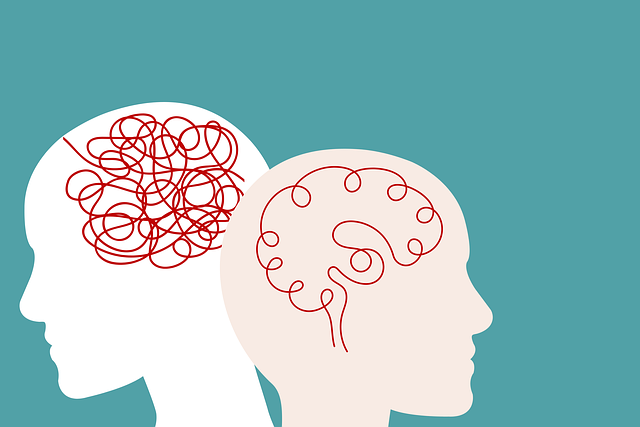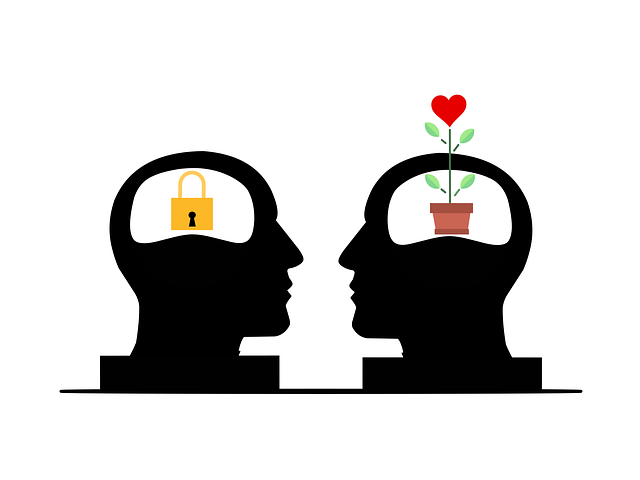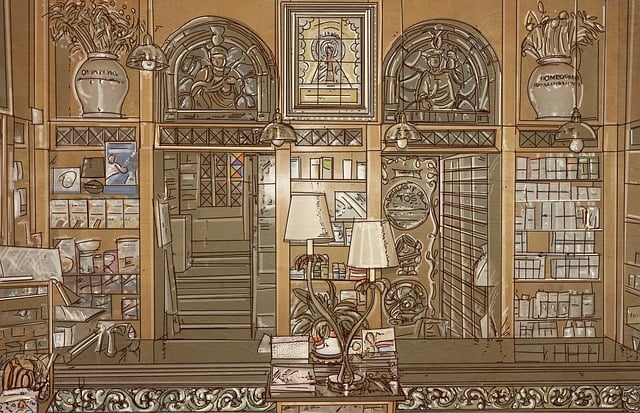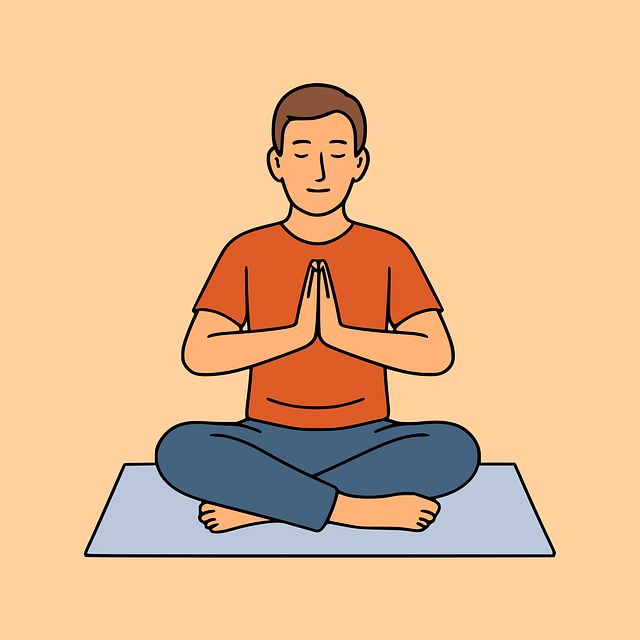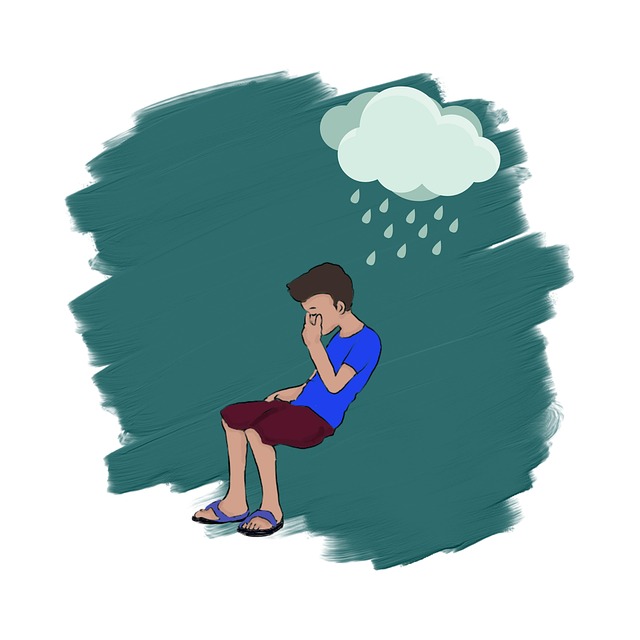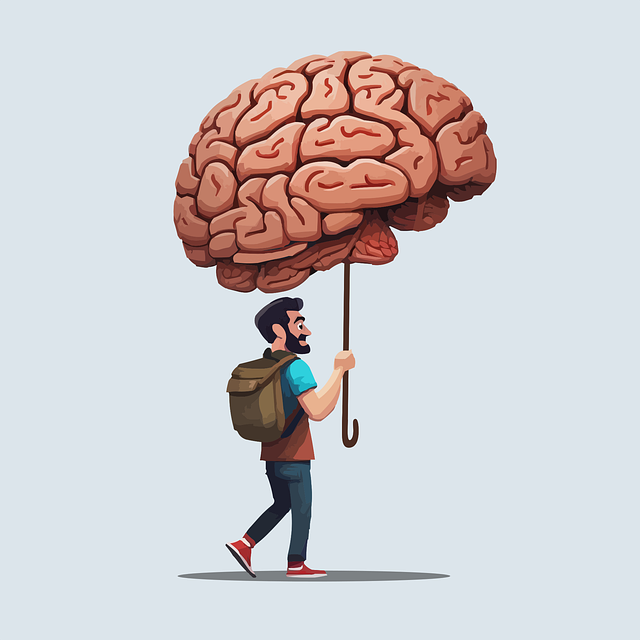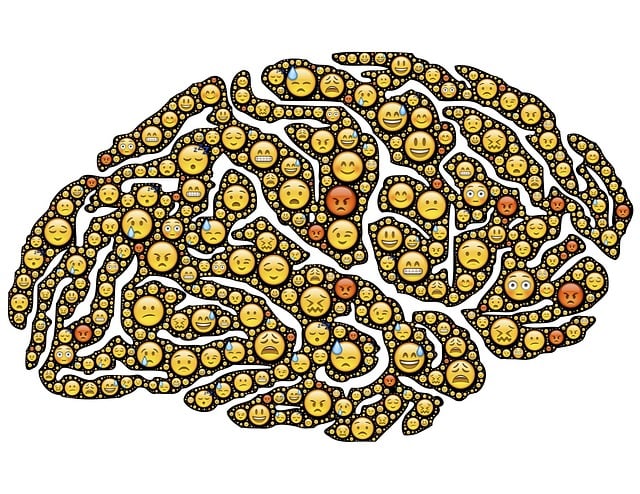Denver couples benefit from specialized mental wellness group therapy focusing on communication issues. Facilitators navigate cultural diversity, creating inclusive environments where partners explore conflicts collaboratively. Effective communication techniques, including active listening and open-ended questions, improve group dynamics and participation. Group sessions offer safe spaces for self-awareness exercises, interactive activities, and guided discussions to enhance emotional intimacy. Cultural sensitivity, positive thinking exercises, and social skills training strengthen interpersonal relationships, addressing Denver's unique urban challenges. Affordable community outreach programs provide additional support, ensuring accessible mental health resources for couples.
“Unleashing the power of collective healing: Exploring Effective Mental Wellness Group Facilitation. In today’s fast-paced world, mental wellness support groups offer a sanctuary for individuals navigating challenges. This article delves into the art of group facilitation, focusing on techniques to foster engaging and therapeutic environments. We explore Denver Couples Communication Issues as a key aspect of group dynamics, offering valuable therapy strategies to enhance participation. By understanding group behavior and mastering communication, facilitators can revolutionize mental health support.”
- Understanding Mental Wellness Group Dynamics
- Effective Communication Strategies for Facilitators
- Addressing Denver Couples' Communication Issues
- Therapy Techniques to Enhance Group Engagement
Understanding Mental Wellness Group Dynamics

Understanding the dynamics within mental wellness group settings is paramount for facilitators, especially in diverse communities like Denver, where cultural sensitivity in mental healthcare practice is paramount. Each individual brings their unique experiences and perspectives, shaping their interactions and communication styles. Facilitators must be adept at navigating these nuances, fostering an inclusive environment that encourages open dialogue and self-care practices. By recognizing the potential for both cultural enrichment and challenges, facilitators can guide groups effectively, helping members develop coping strategies and stress reduction methods tailored to their diverse backgrounds.
In a therapeutic setting, particularly when addressing communication issues in couples therapy, group dynamics play a significant role. The collective energy and emotional climate within the room influence how individuals express themselves and connect with others. Facilitators in Denver, with an awareness of these subtleties, can create a safe space where partners can explore their communication challenges together, benefiting from peer support and learning effective strategies for navigating personal conflicts.
Effective Communication Strategies for Facilitators

Effective communication is a cornerstone for facilitators leading mental wellness groups in Denver Couples Communication Issues Therapy. The ability to actively listen, empathize, and convey information clearly can significantly enhance group dynamics and participation. Facilitators should employ open-ended questions that encourage members to share their experiences and feelings, fostering an environment of trust and understanding. This technique not only aids in identifying underlying issues but also promotes coping skills development within the group setting.
Additionally, incorporating conflict resolution techniques as part of mental health education programs design can help navigate sensitive discussions among group members. By teaching constructive ways to address disagreements, facilitators empower participants with valuable tools for improving their interpersonal relationships. These strategies, combined with regular mental wellness resources sharing, ensure that Denver couples in therapy gain practical insights into managing communication issues and enhancing overall mental health.
Addressing Denver Couples' Communication Issues

In addressing Denver couples’ communication issues through mental wellness group facilitation, therapists play a pivotal role in fostering healthier interactions. Many Denver-based couples struggle with miscommunication due to the fast-paced urban lifestyle and work commitments. Group therapy sessions offer a safe space for these couples to participate in self-awareness exercises, enabling them to identify and address underlying conflicts. Through interactive activities and guided discussions, facilitators help partners develop better communication strategies, leading to enhanced emotional intimacy.
The implementation of a community outreach program can further support Denver couples by providing access to affordable mental wellness coaching programs. These initiatives ensure that relationship challenges are not left unaddressed due to financial barriers. By integrating various techniques from Mental Wellness Coaching Programs Development, facilitators empower couples with skills to navigate their communication issues effectively, ultimately strengthening their bonds.
Therapy Techniques to Enhance Group Engagement

In Denver Couples Communication Issues Therapy, facilitators employ diverse techniques to enhance group engagement and foster a supportive environment. One powerful tool is positive thinking exercises, encouraging members to reframe negative thoughts and perspectives. This not only boosts mood but also strengthens inter-personal connections by promoting empathy and understanding.
Additionally, incorporating cultural sensitivity in mental healthcare practice is vital for inclusive group dynamics. Facilitators should be trained to recognize and respect diverse cultural backgrounds, beliefs, and communication styles within the group. Social skills training activities can further aid participants, helping them develop effective communication strategies and build stronger relationships.
Mental wellness group facilitation is a powerful tool, especially in addressing Denver couples’ communication issues. By understanding group dynamics and employing effective communication strategies, facilitators can create a safe space for engagement and growth. Techniques such as active listening, reflective statements, and structured activities enhance interactions, fostering open dialogue and strengthening relationships. Through tailored therapy techniques, groups can navigate complex emotions and challenges, ultimately improving mental wellness outcomes for all participants.

